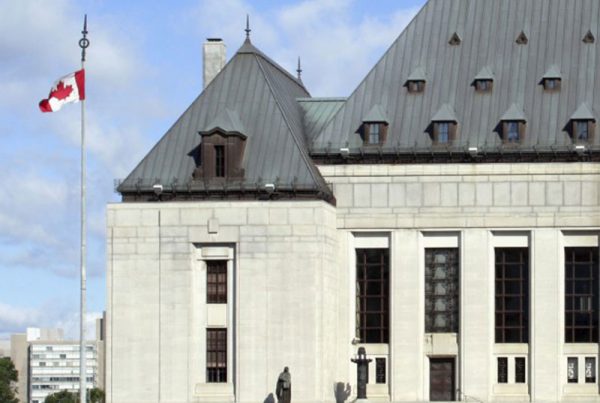1. The federal government is proposing a new regime that would regulate social media companies and, in turn, regulate Canadians’ online expression.
Heritage Canada released a discussion paper and detailed technical paper outlining the proposal on July 29 and are welcoming submissions from Canadians until September 25.
2. The proposal is aimed at addressing five distinct types of ‘online harms’. Each of these harms are already offences under Canada’s Criminal Code.
The categories of “harmful content” that would be targeted are: terrorist content; content that incites violence; hate speech; non-consensual sharing of intimate images; and child sexual exploitation content. It is important to understand that the legal definitions of some of these categories leave a lot of room for subjective interpretation. These categories are also different from one another in important ways. For example, child sexual exploitation content is both criminal in and of itself, and also evidence of an underlying criminal activity. This is not true of hate speech, where the content and only the content are what is unlawful.
3. Content moderation decisions made by social media platforms related to these categories would be subject to new procedural requirements and oversight by a government regulator.
The proposal would still require social media users to go to the platform first about content they believe is illegal under the prohibited categories. Moderators are supposed to remove this content within 24 hours of receiving notice. Because of the subjective judgment that has to be applied to these decisions, this kind of takedown regime will almost certainly result in erring on the side of taking down more content – even if it is not clearly illegal. If, after the internal review process is complete, a user wants a further review, this would go to a new Digital Recourse Council of Canada – essentially an online appeal body for content moderation decisions.
4. The proposal looks to forge new relationships between social media companies and law enforcement, requiring the companies to report certain types of content in certain situations to either police or the Canadian Security Intelligence Service (CSIS).
This is one of the few areas outlined in the proposal where the government is proposing different options, but both involve social media companies providing information about their users to law enforcement without the users’ knowledge or consent.
5. This is not a done deal. Your voice matters.
Although framed as a “consultation”, it is clear from the documents that the government has a very detailed plan and likely has already drafted the bill. This means it is even more important that you make your voice heard. If you have concerns about the proposal, share them with the government, get the word out on social media, write to your MP. Check back here for more info about this proposal and opportunities for advocacy on the issues it raises.
About the Canadian Civil Liberties Association
The CCLA is an independent, non-profit organization with supporters from across the country. Founded in 1964, the CCLA is a national human rights organization committed to defending the rights, dignity, safety, and freedoms of all people in Canada.
For the Media
For further comments, please contact us at media@ccla.org.





